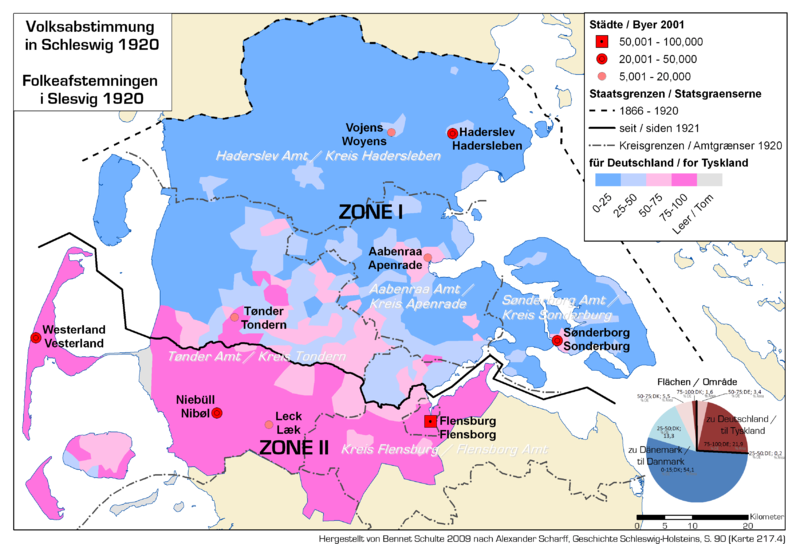Richard L. Pratchett, German History #10: 1849 to 1873 (London, 1999)
(…) The end of the condominion in Slesvig-Holstein with the Convention of Badgastein in 1865 was to some extent a victory for Bismarck and his policies. With Slesvig as well as Lauenburg under firm Prussian control Bismarck has been able to focus on other parts of his inter-German policies, namely the preparation of an alliance system which should end Austrian attempts at dominance in the German Confederation.
Having successfully isolated Austria in the case of a future war after meeting with Napoleon III in Biarritz in September 1865 and signing the Alvensleben Convention in 1863 with Russia (…), Bismarck negotiated an alliance with the Kingdom of Italy, which desired Venetia and other Habsburg-controled areas, promising them at least Venetia after the war was over. Furthermore a few of the smaller northern states in the Confederation declared themselves to be on Prussia's side in the planned conflict, most notably the two Mecklenburgs, Brunswick, Oldenburg and the Hanseatic cities. [1]
Bismarck was at his high point of his political career when we as assassinated in Berlin on the afternoon of May 7 by the radical democrat Ferdinand Cohen-Blind as he was walking across the Unter den Linden boulevard in Berlin near the Russian Embassy. Cohen-Blind, who wanted to stop the possible outbreak of a war between Prussia and Austria, first shot two bullets at the chancellor, one hitting him in the shoulder [2], the other one grazing him. Bismarck tried to attack and disarm the assassin, grabbed him, however Cohen-Blind fired three more shots, one in the stomach, one that ricocheted off the ribs and one in the head. Bismarck's death occurred later in the evening in the presence of King Wilhelm I and the King's physician Gustav von Lauer. Ferdinand Cohen-Blind committed suicide after being taken to police headquarters by members of the 1st Battalion of the 2nd Guard. (...)
[1] Everything so far is OTL
[2] The point of divergence, ladies and gentlemen!
(…) The end of the condominion in Slesvig-Holstein with the Convention of Badgastein in 1865 was to some extent a victory for Bismarck and his policies. With Slesvig as well as Lauenburg under firm Prussian control Bismarck has been able to focus on other parts of his inter-German policies, namely the preparation of an alliance system which should end Austrian attempts at dominance in the German Confederation.
Having successfully isolated Austria in the case of a future war after meeting with Napoleon III in Biarritz in September 1865 and signing the Alvensleben Convention in 1863 with Russia (…), Bismarck negotiated an alliance with the Kingdom of Italy, which desired Venetia and other Habsburg-controled areas, promising them at least Venetia after the war was over. Furthermore a few of the smaller northern states in the Confederation declared themselves to be on Prussia's side in the planned conflict, most notably the two Mecklenburgs, Brunswick, Oldenburg and the Hanseatic cities. [1]
Bismarck was at his high point of his political career when we as assassinated in Berlin on the afternoon of May 7 by the radical democrat Ferdinand Cohen-Blind as he was walking across the Unter den Linden boulevard in Berlin near the Russian Embassy. Cohen-Blind, who wanted to stop the possible outbreak of a war between Prussia and Austria, first shot two bullets at the chancellor, one hitting him in the shoulder [2], the other one grazing him. Bismarck tried to attack and disarm the assassin, grabbed him, however Cohen-Blind fired three more shots, one in the stomach, one that ricocheted off the ribs and one in the head. Bismarck's death occurred later in the evening in the presence of King Wilhelm I and the King's physician Gustav von Lauer. Ferdinand Cohen-Blind committed suicide after being taken to police headquarters by members of the 1st Battalion of the 2nd Guard. (...)
[1] Everything so far is OTL
[2] The point of divergence, ladies and gentlemen!
Last edited:
